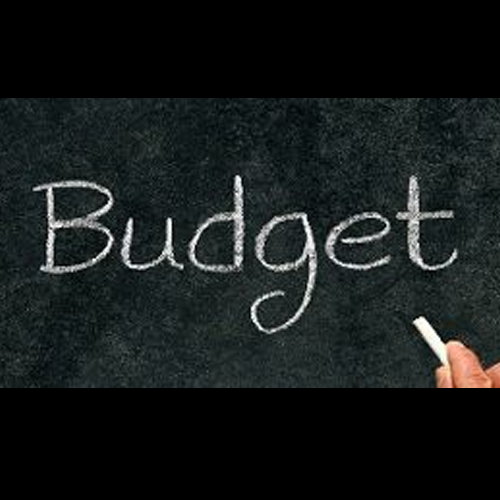Your budget is a blueprint of how you are going to spend and save your income over the next 12 to 24 months. Your budget not only helps you maximize and prioritize your current finances, gaining clarity and control over them, but also serves as a foundational building block for your short-term and long-term financial goals.
A well thought out budget can help you in the following ways:
Reveal waste – Creating a budget requires projecting your future expenses based on the analysis of your past spending patterns. During the analysis, you may find that some of the discretionary expenditures were wasteful or unnecessary in nature. These may include late fees, penalties, interests, recurring automatic charges for useless memberships and services, excessive dine-outs, and unusually high spending on clothes, accessories and other personal items. Budgeting can help you minimize, or in some cases, even eliminate such wasteful expenses.
Set priorities – Your budget is your spending plan. Forecasting your spending requires you to identify your financial priorities, and allocate your finite income amongst various spending and saving categories accordingly. For example, budgeting makes you choose between whether to spend on a cup of coffee every day, or buy a life insurance policy; dine out every weekend, or pay down your credit card debt; and go vacationing overseas every year, or save for retirement. Budgeting can help you spend your money on the things that are important to you, now, and in the future.
Control spending – Following a budget requires you to limit your expenses as per the plan and avoid any unplanned expenses. Your budget tracks your expenses against the plan, and alerts you when you overspend on a budgeted item or spend any amount at all on a non-budgeted item, so that you can take corrective actions. For example, if you budgeted $2,000 for your family vacation, your budget will hold you to that commitment, and require you to either limit your spending on your family vacation to $2,000 or cut some other discretionary spending to make up for the overspending, if any.
Reduce stress – Budgeting helps you plan and prepare for most of your expenses over the next one to two years. When annual expenses are budgeted each month, sufficient funds will exist to pay the bill when it becomes due. This saves you the stress of suddenly having to adjust to lack of funds because you did not initially plan on how to spend them. Budgeting gives you a clear picture of your overall finances and provides control over how your money is spent, which, in turn, gives you the peace of mind you need regarding your financial future.
Improve relationships – Money can cause a lot of stress in a relationship. Creating a budget in tandem with your spouse will avoid conflicts and resolve personal differences on how your money is spent. There will be no more back and forth after-the-fact about why one of you “wasted” money on something, and no sticker shock when you get the credit card bill. Budgeting promotes teamwork for common financial goals, and prevents conflict on how the money is used.
Reach financial goals – No matter your financial goals – paying down debts, building wealth, saving for your kids’ college and your retirement, buying a vacation home, or anything else – budgeting is often the first step in your journey towards achieving them. Following a budget helps you prioritize and control your spending, enabling you to save for your financial goals. It provides you the discipline, focus, and commitment you need to achieve your financial destiny.
Budgeting is the most basic and the most effective tool for managing your money. Creating and following a budget involves self-discipline and sacrifice, but it will help you develop wise spending habits to better manage your finances, now and into the future.








